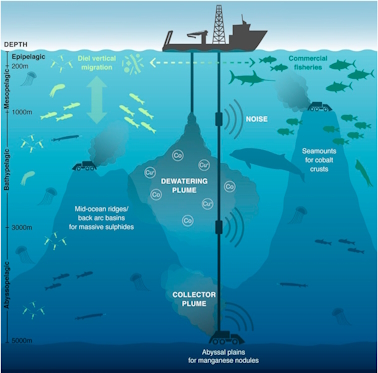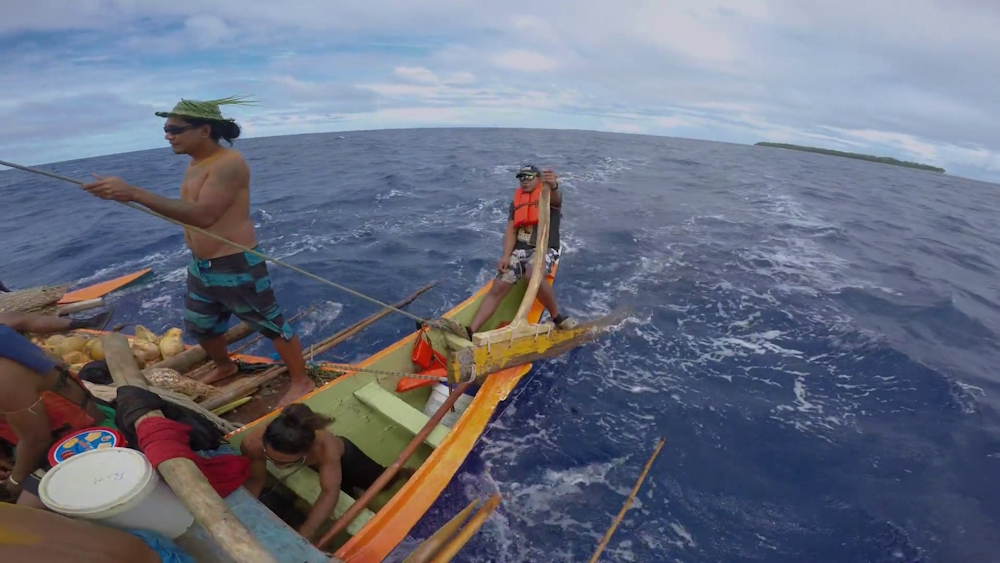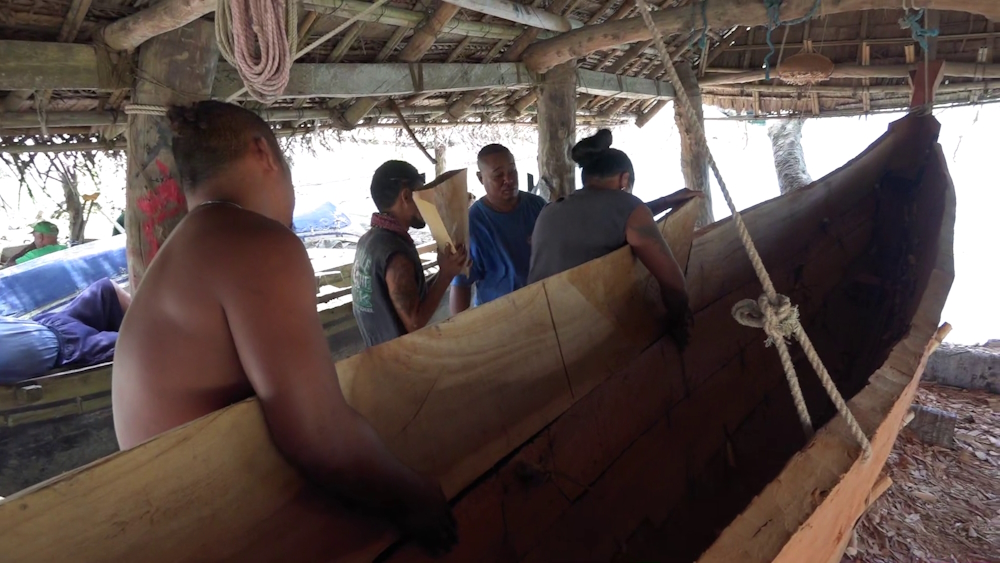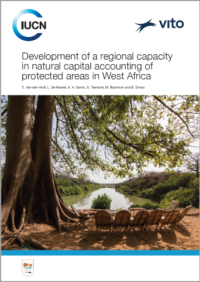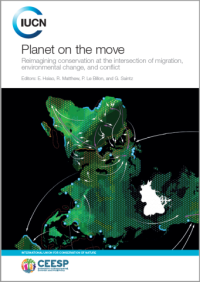Deep Seabed Mining and Human Rights Statement
Deep seabed mining could negatively impact human rights on many levels, in spite of how its remoteness and depth can make many people feel disconnected from consequences.
Current multi-disciplinary research increasingly indicates that it could severely harm affected marine biodiversity and ecosystems, threatening the human and planetary life support that these ocean ecosystem services and biodiversity provide.
The research also signals that the knowledge and means needed to proceed with deep-sea mining - without serious impact - are lacking. This is explained in the statement below, downloadable here or via the link above.
State
The ocean is one of the greatest allies to humanity in the fight against the triple planetary crises of climate change, biodiversity loss, and pollution. Ocean protection is needed to ensure the health and maintenance of essential ecosystem services such as climate control, food provision for billions of people globally, human health and spiritual and cultural wellbeing.
The ocean is however facing a possible new threat from an emerging industrial activity: deep seabed mining, which is the process of extracting mineral deposits from the deep seabed. A small number of actors are pushing to rapidly develop this emerging industry and initiate mining in the near future.
To date, the International Seabed Authority (ISA), the intergovernmental body that regulates activities in the seabed beyond national jurisdiction (‘the Area’), has only issued exploration contracts with regulations to govern the transition to exploitation under development.
In parallel to the development of the exploitation regulations, current research increasingly suggests deep-sea mining could severely harm marine biodiversity and ecosystems, and that the knowledge and means needed to proceed with mining in ways that will avoid significant impact are lacking. The potential for these impacts to effect ecosystem services and therefore human wellbeing/right to health are of particular concern to humanity, in spite of how remote and deep those activities appear to be.
With ecosystem service degradation, it is possible that deep seabed mining could negatively impact human rights on many levels, including:
- rights to a clean, healthy and sustainable environment;
- rights to benefit from scientific progress; and
- rights to Indigenous rights including protection of cultural heritage.
Further, negative impacts to human rights are possible via the way in which decisions are made in relation to deep seabed mining, notably on:
- access information, participate in decisions, and access to justice for matters that affect the environment;
- the protection of environmental human rights defenders;
- children’s rights (to development, to participate in decisions affecting them, to have their best interests taken into account);
- business and human rights; and
- self-determination.
To date, those aspects have been barely raised at the ISA, nor factored into the rules and regulations under development.
Under the United Nations Convention on the Law of the Sea (UNCLOS), the Area and its mineral resources are the common heritage of humankind. This principle means they must be managed on behalf of and in the interests of all humanity including through: the sharing of economic benefits; supporting marine scientific research; and ensuring the effective protection of the marine environment. Yet, the impacts and consequences of deep seabed mining are likely to be of common significance, including on human rights of children today and for future generations. A particular concern is with Indigenous Peoples, coastal and island communities, and people who depend on the ocean for their livelihoods, and whose traditional knowledge and spiritual beliefs are linked to the deep sea.
It is important for the ISA’s state members to secure their commitment to respect, protect and fulfil human rights, including the right to the highest attainable standard of health, to food and to a clean, healthy and sustainable environment. National business’ responsibility to respect human rights, and potential litigation consequences if this responsibility isn’t met, should also be taken into consideration. In that regard, international negotiations at the ISA should also be informed by a human rights-based approach and take a participatory approach to decision-making, including defining safeguards such as the free, prior, and informed consent (FPIC) for Indigenous Peoples. Such a public consultation mechanism is one of the conditions to be met, without which mining activities should not be allowed to commence.
A clean, healthy and sustainable deep-ocean is not solely an environmental or equity requirement, it is also a fundamental human right that should be respected and defended.
Date: 28 March 2024
Contributors
- Clément Chazot (IUCN)
- Pradeep Singh (RIFS-Potsdam)
- Raphaelle Flint (Dona Bertarelli Philanthropy)
- Hannah Lily (Independent legal consultant, UK)
- Holly Niner (University of Plymouth)
- Jessica Battle (WWF)
Additional reading
- Brief on the topic of DSM by the Office of the United Nations High Commissioner for Human Rights (OHCHR) confirming a connection between, this developing industry and human rights.
- Morgera E, Lily H. Public participation at the International Seabed Authority: An international human rights law analysis. RECIEL. 2022;31(3):374‐388. doi:10.1111/ reel.12472
- Hamley GJ. The implications of seabed mining in the Area for the human right to health. RECIEL. 2022;31(3):389‐398. doi:10.1111/reel.12471
- American Journal of International Law – Ownership in the deep seas – edited by Julian Arato, Aline Jaeckel, Lucas Lixinski – March 2024
- Open Letter dated 15 March 2024 by the Working Group on the issue of human rights and transnational corporations and other business enterprises, the Special Rapporteur on the implications for human rights of the environmentally sound management and disposal of hazardous substances and wastes and the Special Rapporteur on the issue of human rights obligations relating to the enjoyment of a safe, clean, healthy and sustainable environment to the International Seabed Authority: 2024-03-15-open-letter-to-isa.pdf (ohchr.org)
- IUCN Resolution 122 for the Protection of deep-ocean ecosystems and biodiversity through a moratorium on seabed mining: WCC_2020_RES_122_EN.pdf (iucn.org)
(For ease of sharing to mobile devices, the QR code links directly to
Dumbo octopus image by NOAA Okeanos Explorer, from Wikimedia Commons
